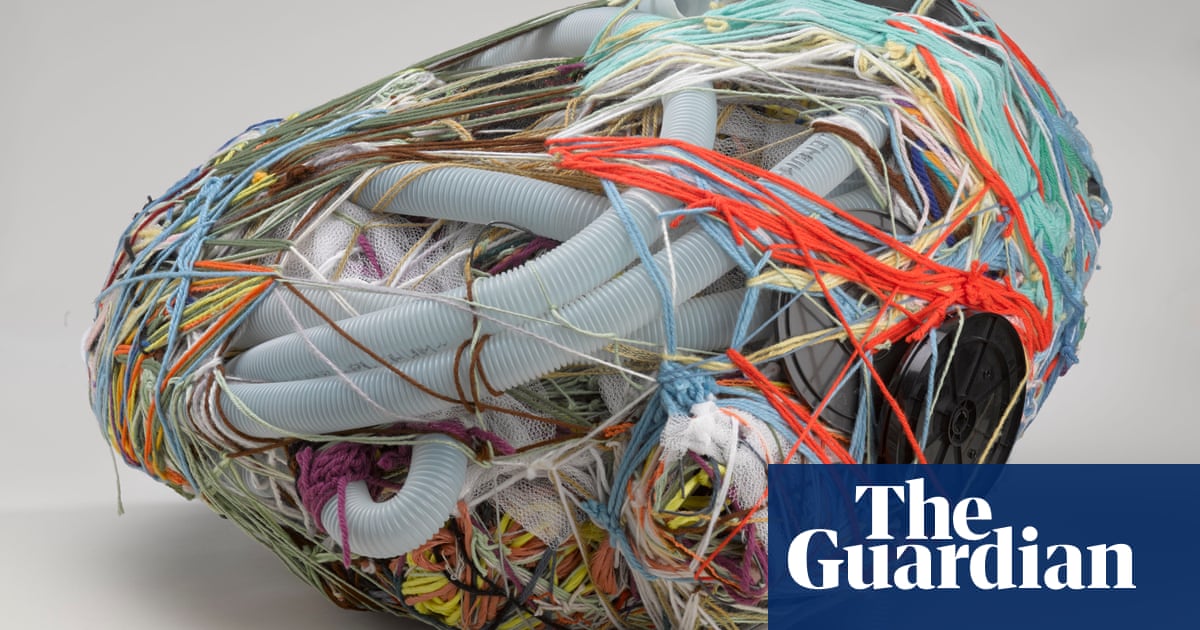
There is a pothole on the Bristol Road just north of Nailsea, north Somerset, which I cycled over at about 30mph back in June. It casually blew out both my tyres; somehow I managed to skid, on my two flats, to a stop. It is in moments like this that your vulnerability as a cyclist comes into focus, and you realise how little there is between you and death: a bit of plastic on your head, a thin bit of Lycra, your wits and skill on the bike.
Britain’s roads are in a terrible state thanks to austerity. According to the RAC, 6% of B and C roads are in need of repairs, a proportion that has remained the same for the past five years. It is bad for cars, but even worse for cyclists riding in the gutter.
One thing you quickly learn when out riding, as I have been for more than 300 hours this year, is you have to pay attention. Vehicles can appear at any point and will do anything. I have been pushed into hedges by two-tonne SUVs, almost T-boned by hatchbacks, forced to dice with death in narrow bike lanes. It is simply accepted that this is what cycling is: taking your life in your hands every time you get in the saddle.
I have not always been a Cyclist with a capital C. I used my bike to get to school, to commute to work in London, to just get around. That all changed thanks to the pandemic. I suddenly had nothing to do and seemingly endless time to explore new places by bike.
I found that cycling was not only something to occupy my time, or even just to keep me fit; it benefited my mental health enormously. Last year I cycled 4,039 miles around Southampton and then Bristol; this year I reached 5,000 miles, mostly in the south-west. I have been to Wales, to Cheddar Gorge and the New Forest on my steed. It truly is the best way to explore, to understand the geography of a place. Pacing along country lanes, almost at one with nature, never gets old. The freedom that comes with my bike also opens up my mind. It is not too much of a stretch to say I might not have survived the pandemic without it.
As thrilling as it can be, road cycling in the UK is still incredibly perilous, and there is evidence the pandemic has made matters worse. New data from the Department for Transport showed that 89 cyclists lost their lives on rural roads in 2020, compared with 60 the previous year.
Britain is dominated by the private car – but it doesn’t have to be this way. Last year during the height of the first lockdown, Boris Johnson said that he would usher in a “golden age” for cycling: £2bn was promised, with £250m of that forming part of an emergency “active travel” fund to be used by councils to build “protected space for cycling”. Cycling was so much nicer during those halcyon days of spring and summer 2020, when cycle lanes were temporarily installed on largely empty roads, and active travel seemed to be a genuine priority.
Comparatively, though, £27bn was put towards roadbuilding in the 2020 budget, which includes 50 projects, from a tunnel on the A303 near Stonehenge to a Lower Thames Crossing linking Kent and Essex. While this investment was reviewed thanks to the pandemic, it is clear where the Conservative government’s priorities lie.
The truth is that cycling infrastructure is still seen as something to be tacked on. It is a token gesture towards a greener and healthier country; often as weak as a painted white bicycle on the asphalt. These drawings offer surprisingly little protection against the SUV roaring past you at 60mph. I have lost track of the amount of times a driver has had a go at me for holding them up, or not pulling over – for simply existing. It is all too usual for someone to pass me so close that I wobble, and all I can do is shout expletives into the wind. Cyclists are forced to share the road space with everyone else, and are then abused, intimidated and even spat at – as I have been three times this year – just for having the temerity to be precariously occupying a tiny amount of that shared space.
How can we become a “great cycling nation”, as Grant Shapps put it in May 2020, when it is so scary to ride a bike? It is fine for me to pontificate about all the benefits of cycling, but without the provisions to ride safely, many will never try it. Cycling isn’t the preferred activity for millions in the Netherlands because it is a flat country: it is because there has been consistent investment in infrastructure there. According to the 2018 book Building the Cycling City, the Dutch government spends £22 per person, a year, on cycling – 15 times the amount spent in England. The Netherlands has 35,000km (21,750 miles) of fully separated cycle lanes – infrastructure that separates the motor vehicle from the bike, and both from pedestrians at the same time.
We need more people on bikes. For the sake of the environment, obviously, but also for the sake of public health. My addiction to pedalling is not going to abate anytime soon – I am hooked now – but cycling needs to be taken seriously if we are to achieve a better world. The bicycle is an emancipatory machine, and it should be safe for everyone to use one on our roads.
Adam Becket is digital staff writer for Cycling Weekly












